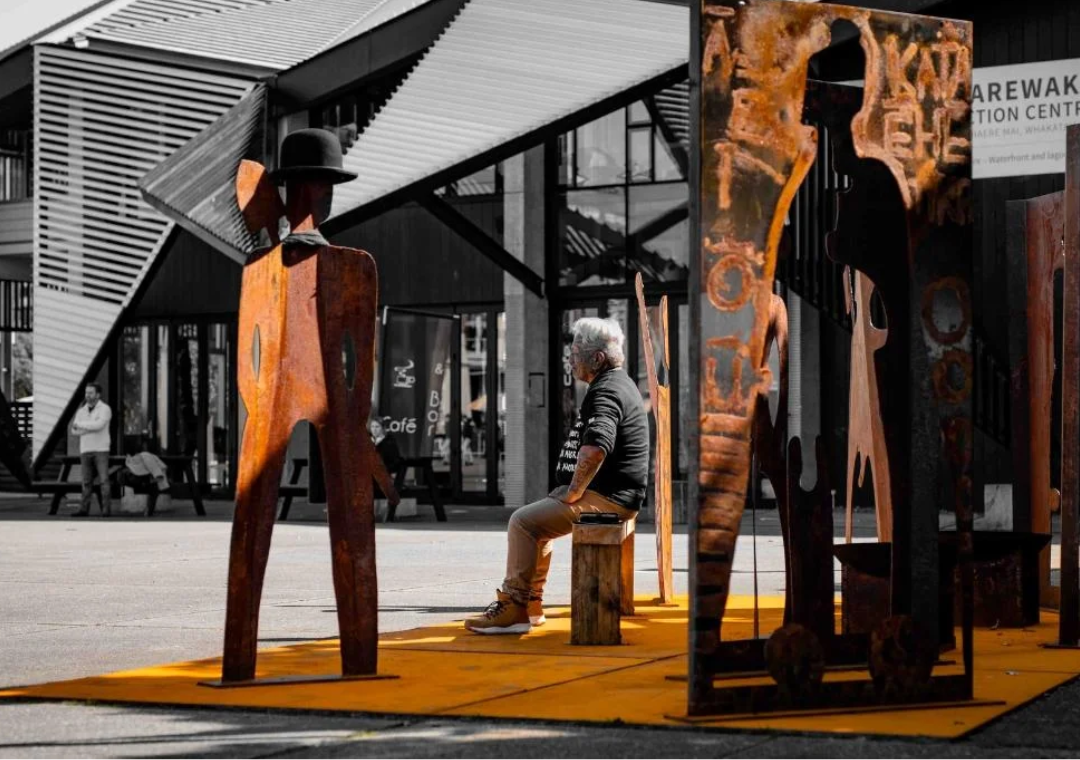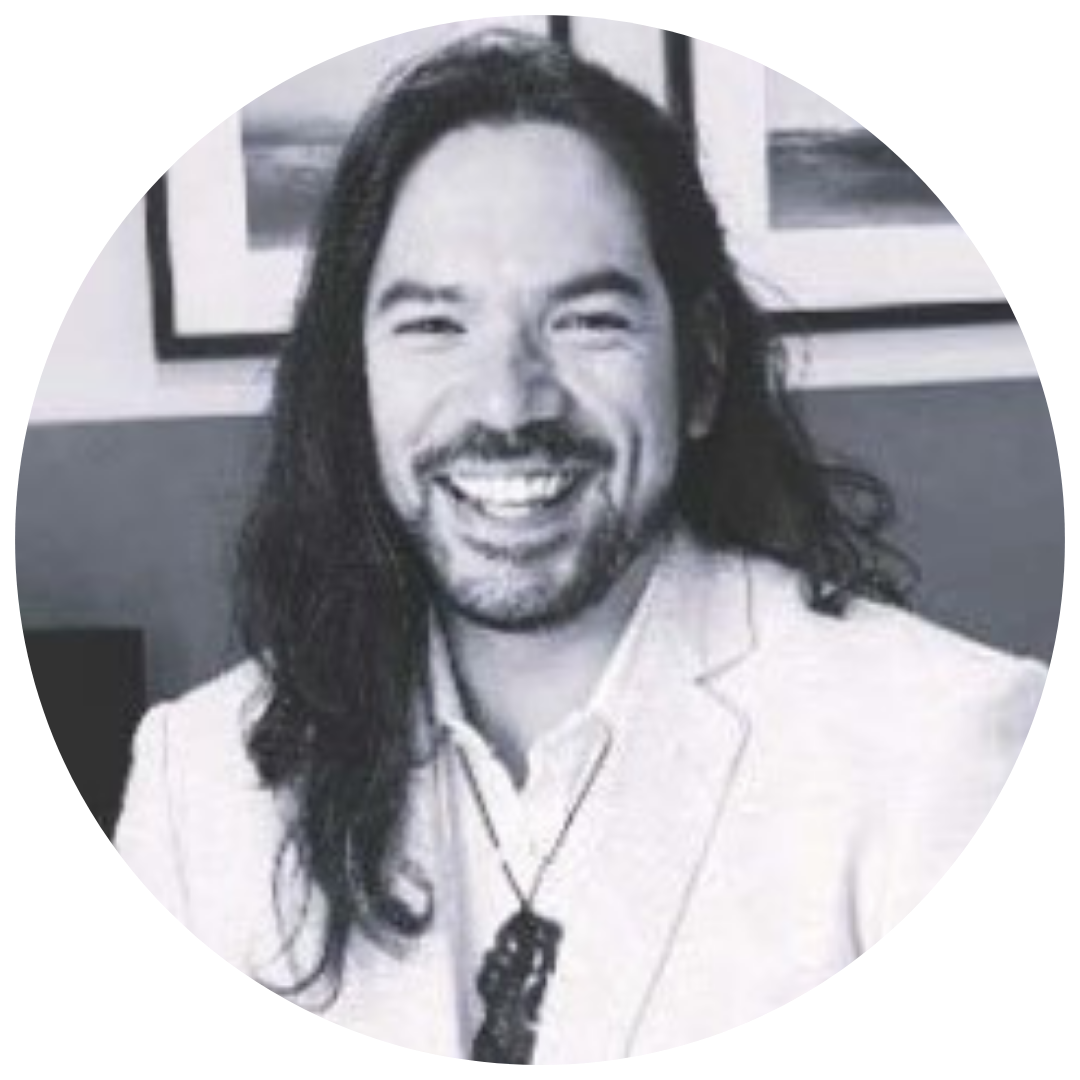Meet Dr Vincent Ieni Olsen-Reeder | Kaiako for Te Mata o Te Arero

If you’re already comfortable with te reo Māori but want to boost your confidence, our new course Te Mata o Te Arero could be just what you’re looking for. Designed to ease the anxiety that can come with language learning, this course is guided by kaiako Dr Vincent Ieni Olsen-Reeder (Tauranga Moana/Te Arawa) and he’s the perfect person to help you take that next step.
We caught up with Vini to learn more about his passion for te reo Māori, and what participants can expect to gain from the course.

Kia ora Vini. Please tell us about yourself, and your te reo Māori journey.
I was raised in the English language and culture, mostly around my mum’s side of the family. My Nana had lots of hilarious sayings, while Grandad liked crosswords. Mum played with language a lot and taught me how to write well. I grew up with a little of all those things, a love for language and having fun with words.
I tried to connect with my Māori culture at college, but only a smattering of kapa haka was available in fourth form (year 10). That was only available because a parent decided to facilitate it for us. There were no language classes. On the whole, it was a patchy experience. I picked up the language at university and fell in love with it, even though I was regularly going through the motions of language trauma and anxiety.

What can people expect to get from Te Mata o Te Arero?
I want people to see my classes as a safe opportunity to be brave, so they can ditch the negativity of apprehension for good. I want them to learn the tools they need to change their language outside of the classroom, because Māori speakers are relying on them to do that more than ever.
Finally, I want them to understand that feeling good about themselves in te reo Māori comes from things that last: everyday conversation. Learning karakia by heart or taking part in performance is great, but it’s fleeting and comes with a plateau at the end. Tie your shoes, stub your toe, clean the oven – in Māori. That is the true definition of excellence. So stick with me, and be excellent!
Oh yeah – I expect people to expect me to expect them to attend all the classes!

How is this course different to other te reo Māori courses?
I’ve taught a lot over the last 15 years. I’m a trained grammarian and my PhD spanned across all areas of bilingual development. I honestly believe we make our reo Māori classes way too hard. We complexify it all to the point people can’t figure out if they’re meant to be a syntax expert, a morphologist, a poet or a performer.
In my courses, I try to alleviate all of those things and tell you exactly what I want you to be: tie your shoes, stub your toe, clean the oven – in Māori. Nothing more. I do all the karakia, I don’t want you stressing about pepeha stuff so I guide us around it – just show up ready to work hard for the language.
Te Mata o Te Arero
Over 12 sessions of 2 hours each, participants learn key language structures to have simple conversations. Sessions are held in-person or online but supported via a workbook and/or digital access to slides, games and other resources. Find out more about the course here.
Vinny is a second language learner of te reo Māori, having started his learning at Victoria University of Wellington in 2008. Since then, the Māori language and its revitalisation have become his passion.
Ieni’s doctoral research investigated the effectiveness of bilingualism as a theoretical approach to revitalisation, and the ways in which a bilingualism approach could remove some of the anxieties surrounding Māori language use among Māori speakers. It is the University’s first thesis to be written and defended in te reo Māori.
Vini now works as a teacher, translator and L&D specialist for a range of organisations. He runs an online language planning platform Mind Your Tongue! and is a published historical fiction and fiction author, poet and song-writer.

Find more programmes that we offer
Contact usWe customise specific programmes for many New Zealand organisations – from short ‘in-house’ courses for employee groups, to executive education, or creating workshops within your existing programmes or events.